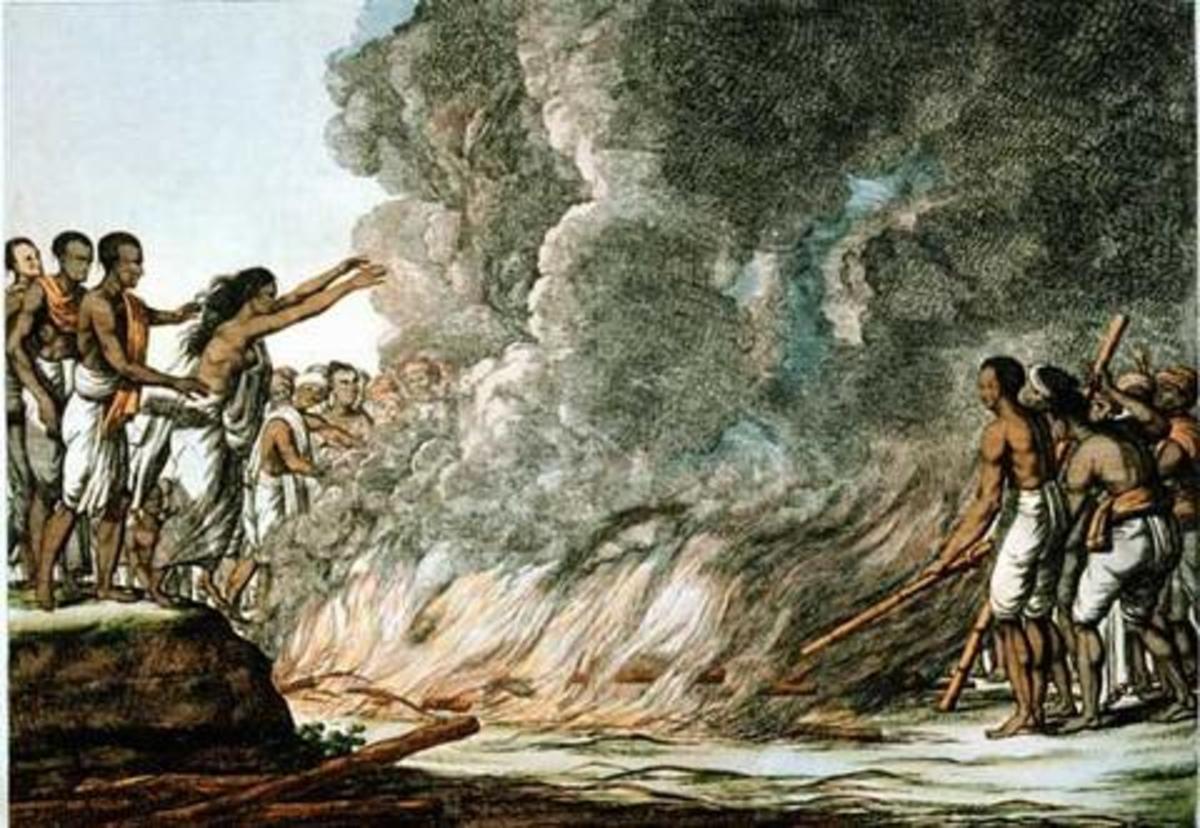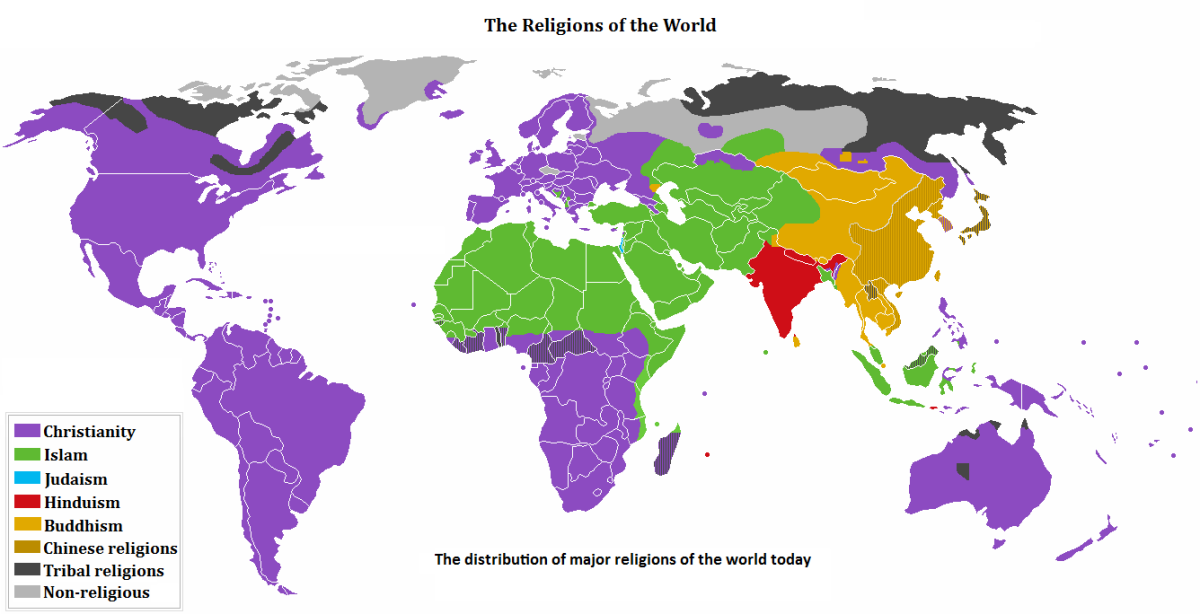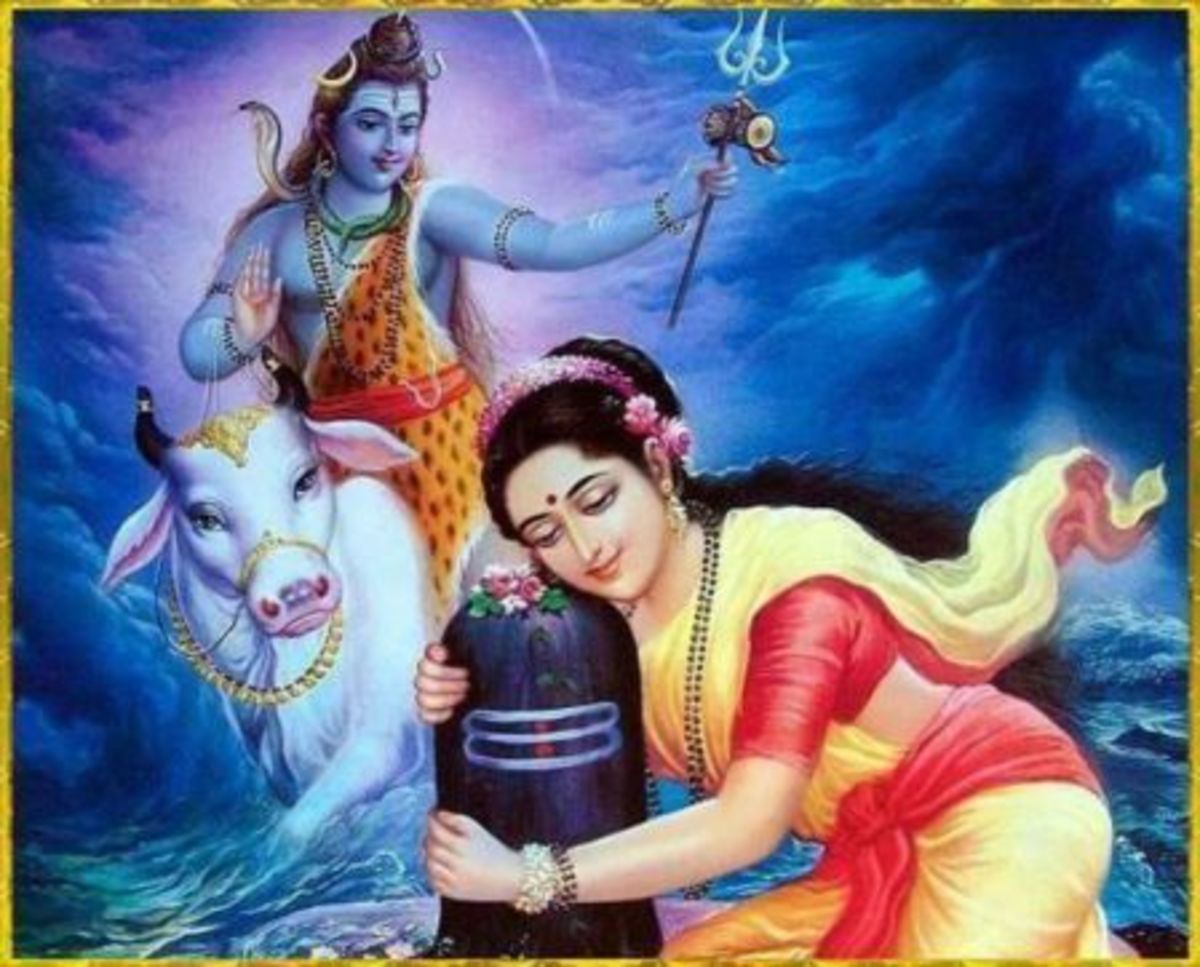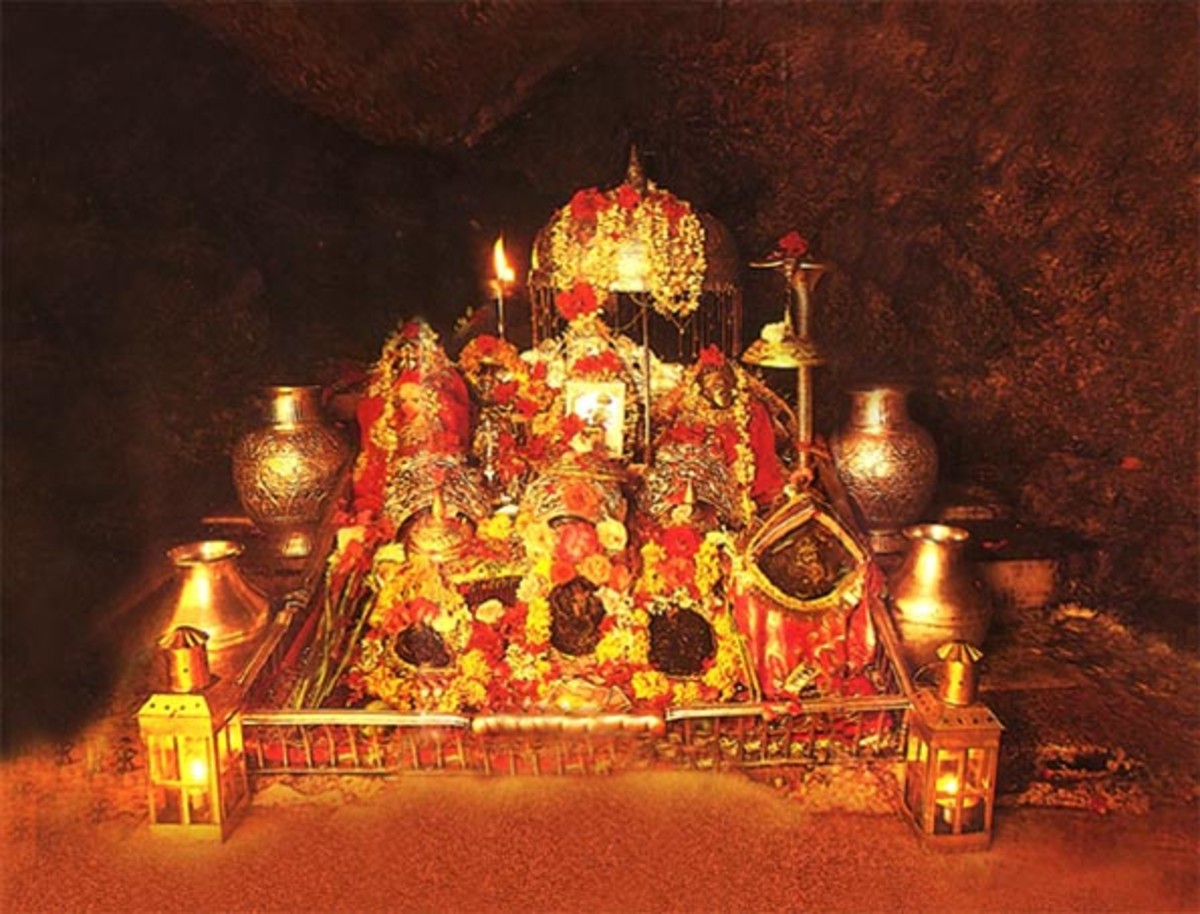About Hinduism
Nothing personal about it
I am planning to share some useful Insights on Hinduism with all my friends. It will help break some myths about Hinduism. Yes, I am a Hindu and I am proud of being one. But I have no intents of hurting anyone's sentiments. I love and respect all the people who follow their religion and respect their religious sentiments.
I am not trying to prove the superiority of Hinduism but in a way trying to give a meaningful insight about it. Hope it helps.
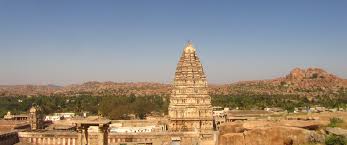
What is Hinduism???
Hinduism is actually not a religion. Yes, you read it right. It is not a religion. It is a way of life. Hinduism teaches us how to live our life in different stages. It is a time tested scientific way of leading a pure and healthy life. What we call Hindu Dharma now a days is actually Sanatana Dharma.
Sanatana Dharma is a code of ethics and values, which if followed properly can lead to attaining moksha. Moksha means enlightenment or liberation. Sanatana Dharma or Hinduism is world's most ancient culture and represents a lot more than religion. It actually provides its followers a very rational view of reality and the path to leading a sane life.
Definition of Sanatana Dharma
In order to understand Sanatana Dharma we first need to understand the definition of Sanatana Dharma. The word Sanatana Dharma comes from Sanskrit language. There are two parts of the word. Sanatana and Dharma. Sanatana means, that which is Anadi ( beginingless) and Anantha(endless). That means it has no beginning and no end and is eternal and everlasting. Dharma actually comes from the word "Dhri" that means one that holds together or sustains. To simply put it Sanatana Dharma is the natural, pure, universal and ever enduring way of living.
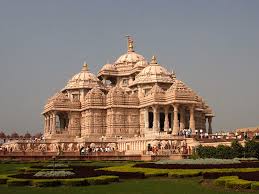
Social Status Based upon Karma
The beauty of Sanatan Dharma "was"that your social status in the society was decided by your karma and was not predefined. Why did I show "was" in bold and Italic? That is because the word "was" has a lot of importance in this particular sentence. In the early stages this protocol was followed religiously and as time passed everything changed drastically and corruption started seeping in. This is a topic which I will be covering in a different hub.
Before understand the different Karmas lets first understand what Karma is. Stated simply, Karma means the sum of person's action. But in this context it means the action performed by a particular person to earn his or her living.
There were basically four types of people ( according to the karma) in Sanatana Dharma.
- Brahmana- One who indulges in religious activities
- Kshatriya- One who indulges in activities related to governance and protection of the land
- Vaisya- One who indulges in trade and business
- Shudra- One who does the menial jobs in the society
The beauty of this practice was that one's status was not defined by birth but by the activity performed by that particular individual. So even if a person was born in a brahamana family he or she could be a shudra by his acts. In the same manner a Shudra's son could aspire to become a brahmana and would be accepted by the society. No one was denied the basic necessities of life and all were treated as equals.
Right to education and worship
Everyone in the society, irrespective of their social status had the right to attain knowledge. Knowledge was not taken as the proprietary of the brahamanas. They had to welcome each and every pupil or disciple to their gurukul ( vedic school) and impart their knowledge to one and all in the same manner. there was no discrimination of rich and poor.
After attaining the basic knowledge, the students had the right to chose what they would like to specialize on. And depending upon their knowledge and expertise they would chose their field of work.
Simillarly, everyone had the right to visit temple and offer their prayers to the all mighty. No one would be stopped from entering the temple or performing their rituals.
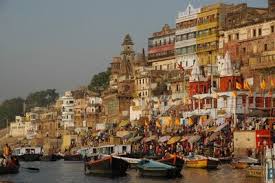
To be continued...
This is just the tip of the Ice burg and I would like to cover more topics about Hinduism. Depending upon your response I will post the second part. Eagerly waiting for your responses on this hub.



